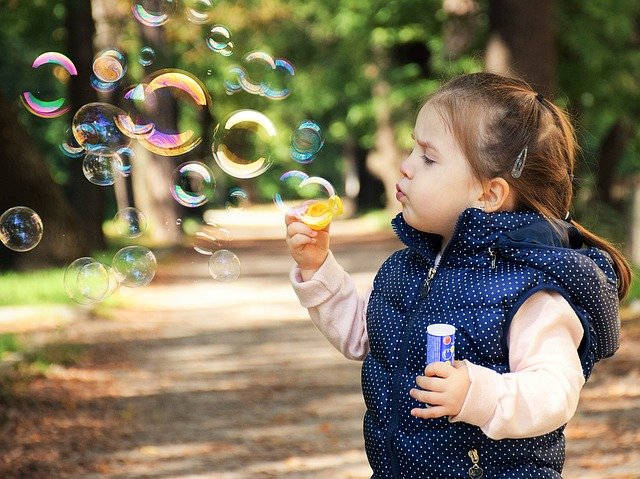R0.00

From 1 to 2 years
This blog post will help you track your toddlers development. However keep in mind that all children are different and develop at the own pace, so just use this information as a guideline. If you’re concerned that your toddlers development is not on track, you should check in with your health care provider.
Toddlers are busy. One study found that, between 12 and 19 months, toddlers who can walk will take an average of 14 208 steps in a day, covering a distance of four kilometres. The will also fall roughly 102 times.
This energy and resilience are a perfect combination for rapid learning and development. And it’s not just in the realm of physical movement; toddlers show these same qualities with mental pursuits and emotional exploration, too.

Busy Bodies
In their second year, your toddler will start to accomplish increasingly complex movements. Some toddlers develop sooner than others, but here is a general outline of some of the big skills they will be mastering:
- Walk by 18 months
- Possibly run by 24 months
- Go up and down stairs
- Climb up and down things
- Stand on tip toes
- Stand on one leg
- Kick a ball
- Propel themselves with their feet on a 4-wheeled bike
- Throw a ball overhand
- Drink from a cup
- Eat with a spoon
- Scribble with a crayon
- Help dress and undress themselves

Growing Brains
Language development precedes speech, so your toddler will understand far more than they can say. This is why many early childhood educators recommend you talk to your child often. Talk about what you are doing and your immediate environment, and try to include all of the different senses (touch, taste, smell, site and hearing). Remember that at this age they are too young to understand more abstract concepts such as time, size and space.
- Use objects correctly
- Put things in a container, and take them out
- Find things hidden
- Start categorizing things into groups e.g. animals, food, the colour red etc.
- May use one hand more than the other (the dominant hand)
- Point to show what they want
- Point to identify people or objects
- Use gestures, such as nodding or shaking head no
- Follow two-step instructions, such as “Please choose a book and give it to daddy.”
- Can say as many as 150 to 300 words by two years old

Getting All Social & Emotional
Your child is making so many new discoveries about the world, many of which are scary. They’re also experiencing big emotions which they don’t really understand and can’t control. Try to bear this in mind when they “act out” – they are not trying to be difficult, they just haven’t yet learned how to process their feelings in a positive way. At the same time, don’t mistake empathy for permissiveness. Toddlers find it reassuring when you constantly enforce clear, simple rules. It created predictability and security in their world. Your child should start to:
- Imitate actions and words
- Be interested in other children, but at this stage will still only play alongside them (not with them)
- Show interest in using the toilet
- Show affection to familiar people
- Be shy or nervous with strangers or new places
- Display separation anxiety which peaks around 18 months
- Fight for independence
- Become frustrated when the cannot do things properly
- Have temper tantrums around 18 months old and can continue to 36 months old

Worried About Your Childs Development?
Remember, each child develops at their own pace, and all these milestones develop throughout your child’s second year, which means they will probably be able to do most of them by their second birthday. If you are concerned with their development, speak to your healthcare provider to put your mind at ease.
~ Pippa Naude’ – Dis-Chem Benefits
